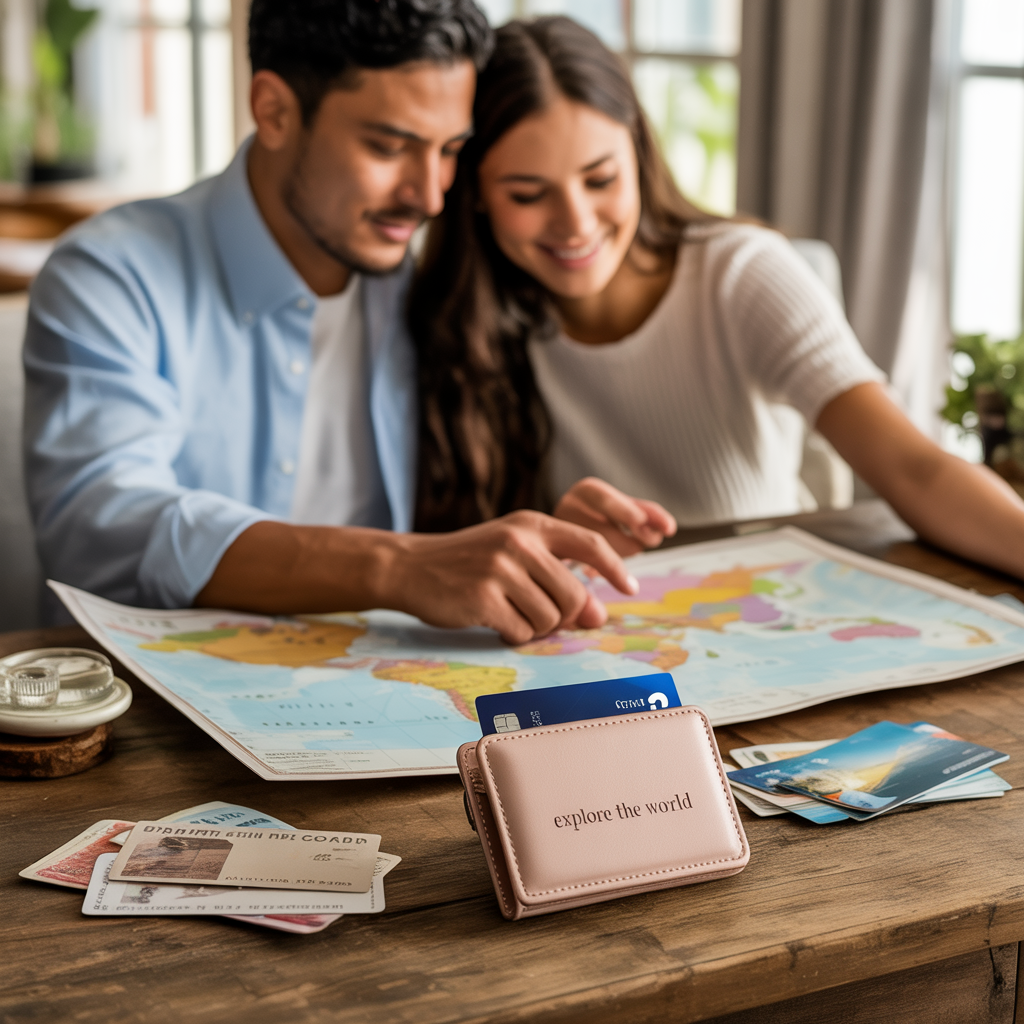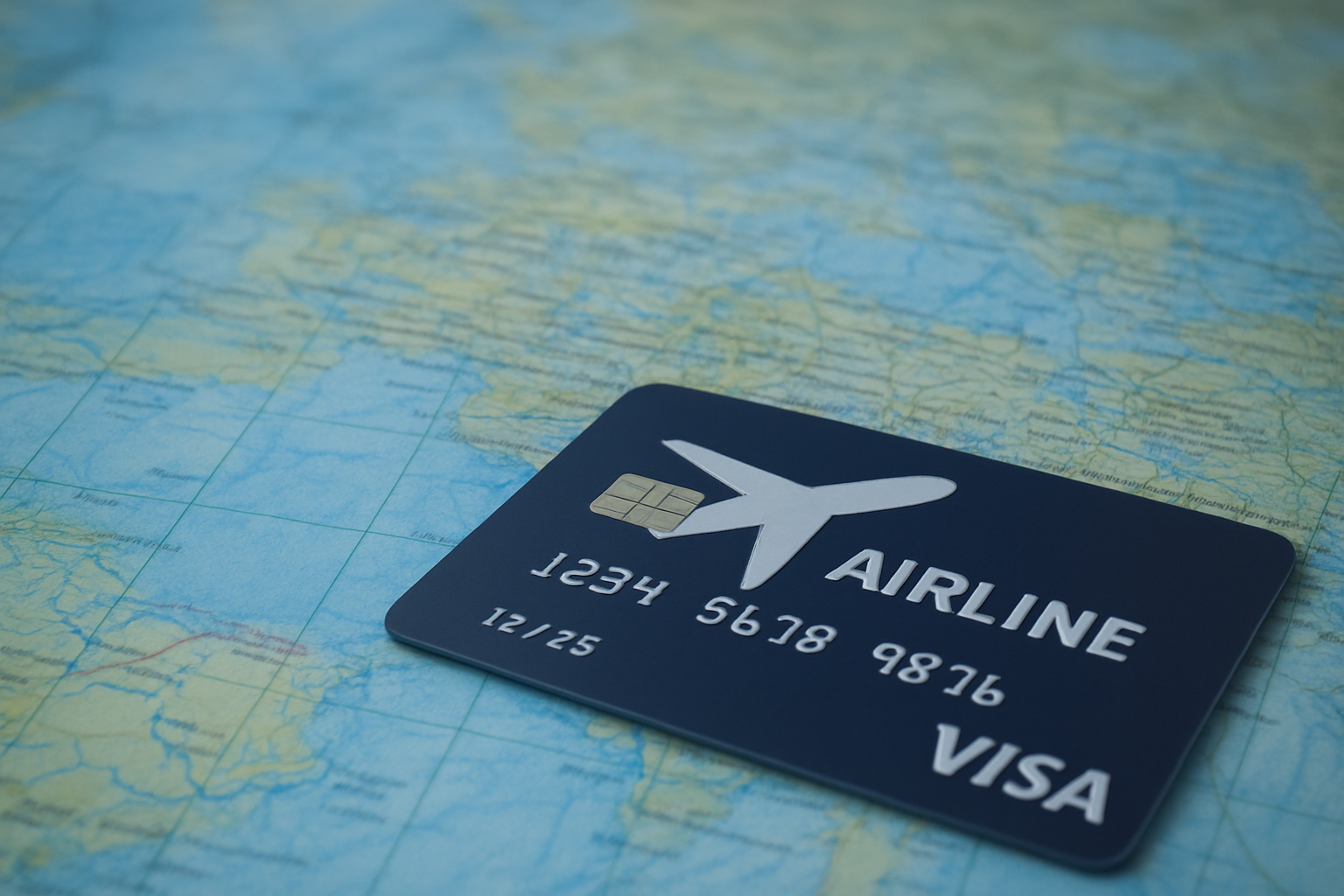Top Travel Money Mistakes You Can Easily Avoid
Traveling opens doors to new experiences, cultures, and unforgettable memories. But while we’re busy chasing sunsets and exploring new destinations, money management often takes a backseat. That’s when small financial missteps can turn a dream trip into a stressful ordeal.
Whether you’re planning a short getaway or embarking on a long-term adventure, understanding the most common travel money mistakes is essential. Avoiding these pitfalls can save you from unnecessary fees, awkward situations, and financial headaches on the road.
In this guide, we’ll explore avoidable financial blunders that many travelers—new and experienced—fall into, and we’ll offer practical tips to help you travel smarter and with more peace of mind.
Ignoring Foreign Transaction Fees
That innocent card swipe at a charming Parisian café might come with an unwelcome souvenir: a hefty foreign transaction fee. While 2-3% might seem negligible on a single purchase, these fees compound quickly across dozens of transactions, silently eroding your travel budget.
Smart traveler solution: Before departure, equip yourself with financial tools designed for global adventures. Cards from Revolut and Wise have earned their reputation among seasoned travelers not just for waiving these pesky fees, but for offering competitive exchange rates and practical features like instant spending notifications and emergency card freezing.
Forgetting to Notify Your Bank
Imagine: You’ve finally found that perfect handcrafted memento in a Moroccan bazaar after hours of friendly haggling. You present your card triumphantly—only to face the embarrassment of decline. Your bank, detecting unusual activity abroad, has frozen your account as a precautionary measure.
Why it happens: Financial institutions actively monitor for suspicious transactions, and sudden international charges often trigger security protocols. While this protection is valuable, it’s inconvenient when you’re the one setting off the alarms.
The simple fix: Before your journey begins, spend two minutes notifying your bank of your travel plans through their app or website. This small action can prevent the frustration of standing cashless in a foreign country, frantically searching for Wi-Fi to contact your bank.
Related Post: Unlock Your Next Adventure: The Best Credit Travel Cards of 2025
Putting All Your Financial Eggs in One Basket
“I’ll just bring my main debit card.” It seems like a streamlined approach—until that card disappears from your pocket in a crowded metro station or gets swallowed by a temperamental ATM. Suddenly, you’re in a foreign country without access to funds, facing a cascade of complications.
Travel-wise approach: Create redundancy in your payment methods. Bring at least one backup card stored separately from your primary card. Keep an emergency cash reserve hidden in a secure location (like a concealed money belt or hotel safe). Set up digital payment options like Apple Pay or Google Pay before departure. If traveling with companions, coordinate so you’re not all carrying identical payment methods.
Exchanging Currency in All the Wrong Places
The currency exchange counters gleaming in airport arrivals halls offer convenience—at a steep premium. These establishments, along with those in tourist hotspots, typically offer exchange rates that can be 5-15% worse than what banks provide, plus they often add service fees.
Better alternatives: Withdraw local currency from reputable bank ATMs once you arrive (after checking that your card offers reasonable international withdrawal terms). For even more savings, consider exchanging a modest amount through your home bank before departure—just enough to cover immediate needs like transportation from the airport.
Falling for the Dynamic Currency Conversion Trap
When making a purchase abroad, you might be offered the seemingly helpful option to pay in your home currency. The sales pitch is appealing: “Know exactly what you’re spending!” However, this convenience—known as Dynamic Currency Conversion—comes with hidden costs.
The hidden mechanism: When you choose to pay in your home currency, the merchant’s payment system applies its own conversion rate—typically much less favorable than what your card would offer—and may add conversion fees.
The wise choice: Always select the local currency when paying by card. Your bank will handle the conversion, usually at a more favorable rate and with greater transparency.
Skipping Travel Insurance
Travel insurance might seem like an unnecessary expense when you’re already budgeting for flights, accommodations, and experiences. Yet this relatively small investment can prevent catastrophic financial consequences if things go awry.
Beyond medical coverage: While health protection is vital, comprehensive travel insurance also shields your finances from disruptions like canceled flights, lost baggage, or stolen electronics—expenses that could otherwise cost thousands.
Reliable options: For flexible coverage that adapts to various travel styles, providers like World Nomads and SafetyWing offer plans specifically designed for both short vacations and extended global adventures.
Related Post: Digital Nomad Insurance: All You Need To Know
Losing Track of Daily Expenses
It starts innocently enough—a specialty coffee here, a museum entrance fee there, a spontaneous souvenir purchase. Individually, these expenses seem trivial. Collectively, they can derail your carefully planned budget before you realize what’s happening.
Effortless tracking: Today’s travel-focused apps make expense monitoring nearly painless. Tools like Trail Wallet, TravelSpend, or Spendee let you log purchases in seconds and visualize your spending patterns. Dedicating just a few minutes each evening to review your day’s expenditures can help you make adjustments before small splurges become budget disasters.
Misreading Local Tipping Customs
Tipping practices vary dramatically worldwide, creating a potential minefield of social awkwardness and financial miscalculations. Overtipping in Japan might actually offend your server, while undertipping in the United States could be interpreted as a commentary on poor service.
Cultural navigation: Before visiting a new country, invest five minutes researching local tipping expectations. Apps like TripWhistle provide country-specific guidance, or simply ask hotel staff for appropriate local customs. This small effort prevents both overspending and unintentional cultural missteps.

Neglecting Financial Information Backups
A lost wallet or stolen phone can transform from inconvenience to crisis when you’re thousands of miles from home, especially if you can’t access critical financial information like card numbers and bank contact details.
Digital safety net: Before departure, secure essential financial data in encrypted password managers like 1Password or LastPass. These tools allow offline access to your information even without internet connectivity. Additionally, email yourself scanned copies of important documents, accessible through any device with internet access.
Believing the “Budget Destination” Hype
Travel forums and blogs overflow with declarations about “affordable” destinations: “Bali is so cheap!” or “You can live like royalty in Mexico!” While these places may indeed offer value, costs vary tremendously depending on your choices and travel style.
Reality alignment: Trendy neighborhoods, daily restaurant meals, and frequent rideshares can make even “budget” destinations surprisingly expensive. Research specific costs using tools like Numbeo or Nomad List to develop realistic expectations. Remember that long-term travelers face different expenses than vacationers, including workspace solutions, stable internet connections, and visa renewals.
Travel Smart, Journey Joyfully
Financial mindfulness doesn’t mean counting every penny or foregoing spontaneous experiences. Rather, it’s about creating a foundation of smart money habits that free you to embrace the serendipity and wonder of travel without underlying financial stress.
When you’ve addressed these common money pitfalls, you create space to focus on what truly matters: meaningful connections with new places and people, discoveries that expand your perspective, and moments of joy that become cherished memories.
Whether you’re setting off for a weekend adventure or embarking on a nomadic lifestyle, weaving financial wisdom into your travel preparations ensures that when you return home, your souvenirs include wonderful experiences—not financial regrets.
Your future self (and your wallet) will thank you for the foresight.













